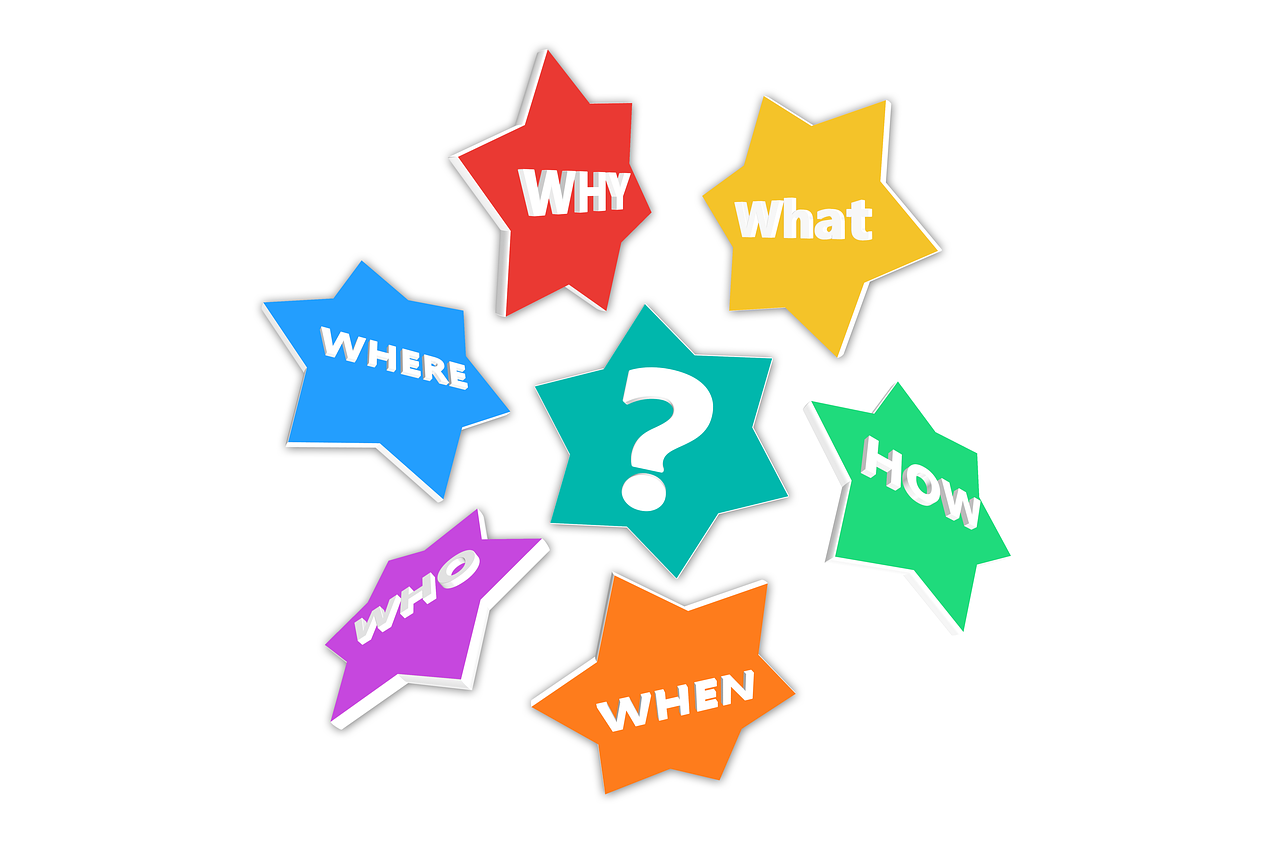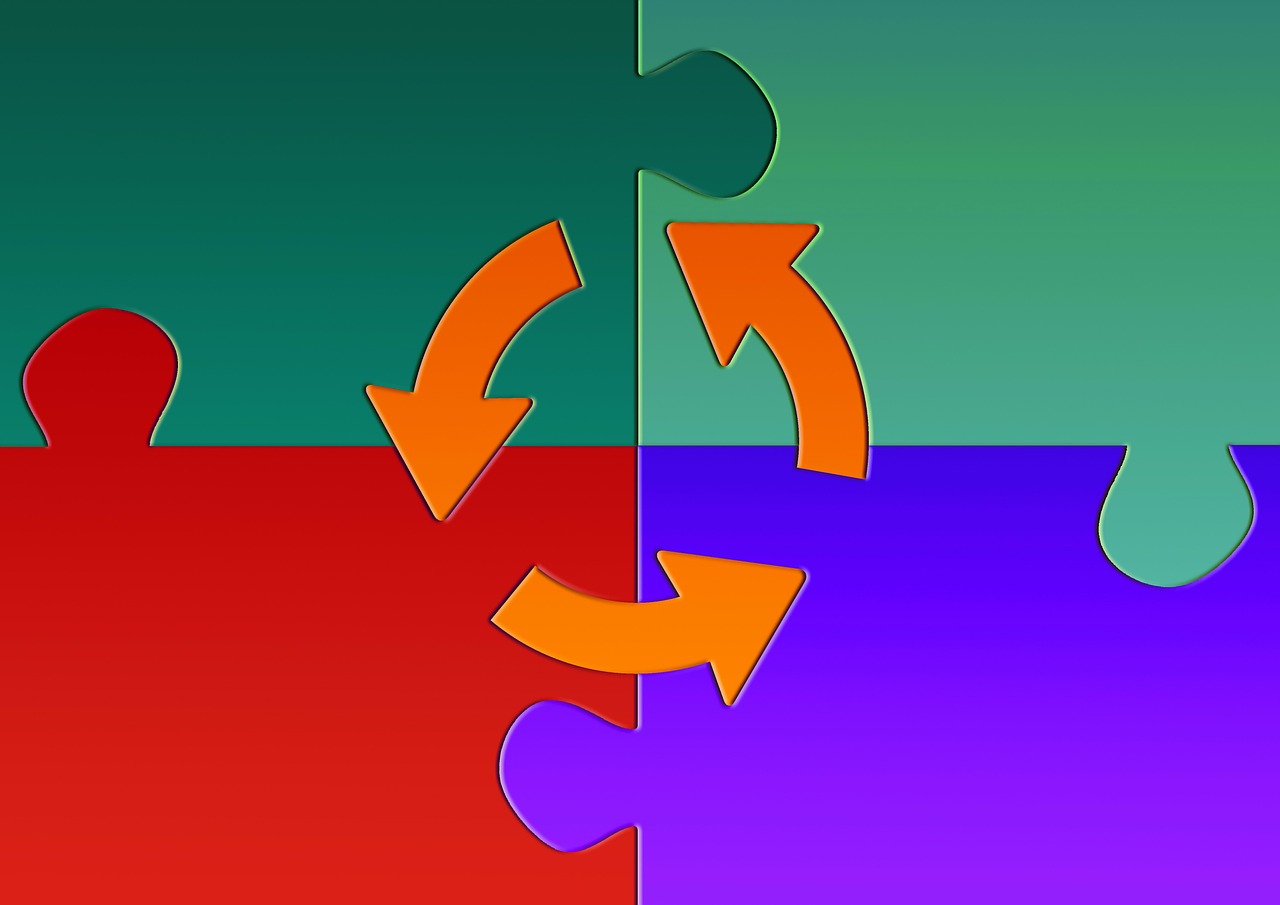Have you ever considered the skills necessary to effectively complete research online? You may think that because kids today are quick to learn how to use new technology that they already have the skills necessary to do online research. Take a look at these 5 skills to determine if your students are online research pros or if you need to dedicate some time to embedding them into your curriculum for the 2019-2020 school year.

Students need to know how to ask a question.
First, students must understand their topic. They should then determine what they know and what they want to know in relation to the topic. Their questions should come from what they want to know. It is important that students understand the difference between open-ended and closed-ended questions. An open-ended question will lead them to a wealth of information whereas a closed-ended question may offer them a yes, no, or one-word answer. Students should be encouraged to ask open-ended questions. Students may need assistance with expanding or narrowing their interests and research question to ensure that their search does not yeild too much or too little information.


They need to know how to locate information online.
In order to locate information online, students need to be familiar with how to use a search engine and interpret search engine results. Students can enter key words or phrases into the search engine in order to seek results. Students can also be taught advanced search skills such as using quotation marks or the advanced search option. Once the search has generated results, students must be able to identify which results are advertisements and which are not. Students must know the difference between various types of websites such as .org and .gov. Students also need to be able to skim the text returned in the results in order to determine which site to visit.


They need to know how to critically evaluate the information they find online.
Once students determine which site to visit, their next step should be to determine if the answer to their question may be located on the site by skimming. Once they find something connected to their question, they should read more carefully. During close reading, students must be able to critically evaluate the information presented on the site by determining if there is any evidence of bias and if the information is both accurate and reliable. Reliability and accuracy can be determined by checking the content on other websites for consistency.


They need to know how to synthesize information.
Students need to learn how to synthesize information from multiple sources. These sources may be text, video, audio, visual, or numerical. Students should be taught how to identify relevant information, take notes, and put information into their own words. They should also be taught how to organize their writing logically and cite their sources.


They need to know how to communicate information.
In today’s digital world, it is easy for teachers to provide students with the opportunity to share their work with an authentic audience through blogs, email, websites, or presentations. Students should consider their audience as they work on their presentation so that the content is both interesting and appropriate for their audience.

Have you ever considered the skills necessary to complete research online? You may think that because kids today are quick to learn how to use new technology that they already have the skills necessary to do online research. Take a look at these 5 skills to determine if your students are online research pros or if you need to dedicate some time to embedding them into your curriculum for the 2019-2020 school year.
Allison Papke is a veteran teacher with experience teaching elementary, middle, and high school as well as teaching literacy coursework to undergraduates in elementary and special education. She also has experience as a tech specialist for grades K-10 and experience as a technology coach working with elementary teachers and college students to plan and implement technology into classroom instruction. She is currently earning her PhD in Curriculum and Instruction with a concentration in Literacy Studies and Digital Literacy.
FCIT Newsletter
Each month FCIT publishes a newsletter with short articles on teaching and learning with technology, using digital content in the classroom, and technology integration. Subscribe today! The subscription form will open in a new window. When you have subscribed, you can close the new window to return to this page.
